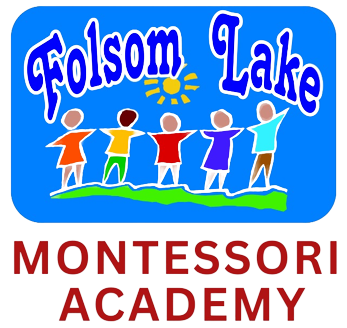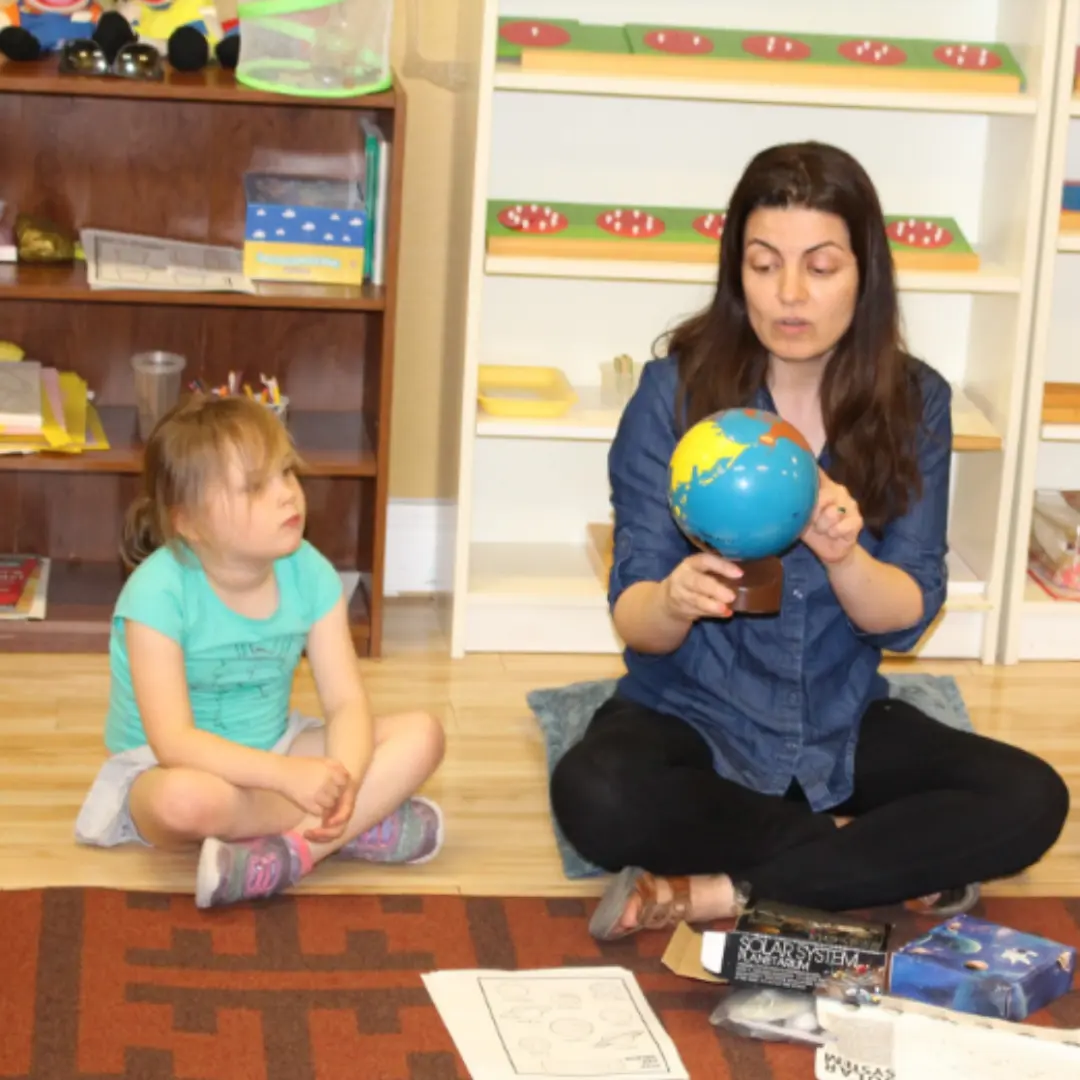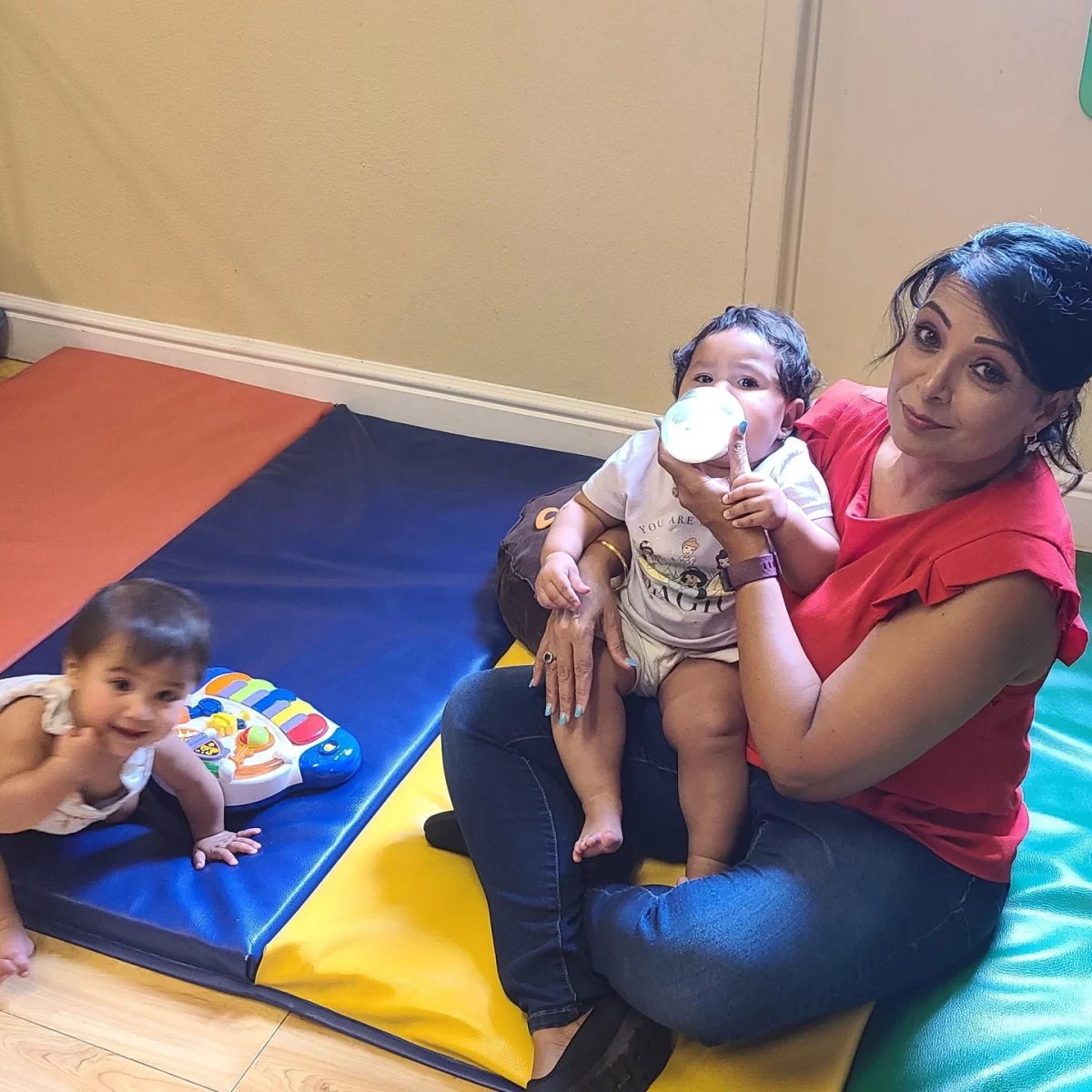The Montessori Method: How It Shapes Lifelong Learners
The Montessori approach that originated from Dr. Maria Montessori over one century ago
has become popular in early childhood learning as it comprises self-activity, practical life and
sensorial exercises, and introducing concepts and understanding by indirect and manual
manipulation activities. This revolutionary model does not only develop the scholastic
aptitudes of the learners but also the socio-political and psychological factors of the learners,
creating a strong framework for constituting lifelong learners.
This learning approach has always practised and promoted the view that children are the
active learners in a prepared environment. In Montessori atmosphere of classrooms freedom
of choice prevails, aim of which is to enable child to select those tasks which foster his
interest. This kind of liberty enhances the love of learning as well as self-organization since
children can work on their own and devise their own schedules.
Lastly, flexibility or as what is been referred to as individualization is one of the positive
aspect of the Montessori Method. As for the teacher, or the guide as some schools prefer to
call it, he or she focuses on every child and adapts the questions and directions to the
student’s age and abilities. By addressing the client’s child, one ensures they are fit mentally
through activities that are not too easy to bore the child or too difficult to challenge the child
beyond manageable limits. Rather, they are gradual, ensuring that before they are through,
they have imbibed all that has something to do with the given concept. It also enhances
confidence and a good ground to lay for future education which is very valuable.
Besides academic abilities, the Montessori Method is also concern with the social and
emotional growth of the child’s personality. Students are assigned group projects, and every
child is encouraged to learn from the young ones and as well as the older children as well.
This interaction helps to learn some of the major social values like interpersonal
understanding, talking, and overcoming of strife. In addition, there is wide social application
where children are expected to respect themselves and other children as well as the society in
the Montessori environment. This method empowers a child to learn as they build their skills
to be independent, analytical and turn them into lifelong learners when they join school.



